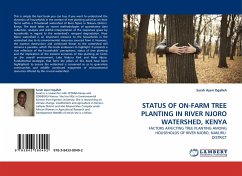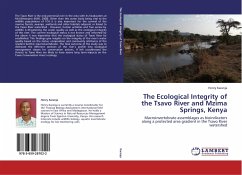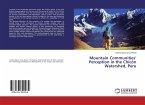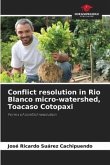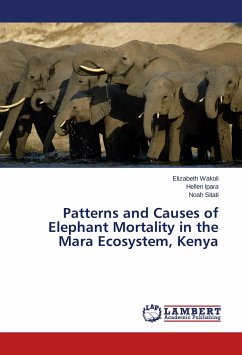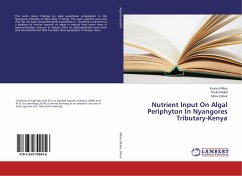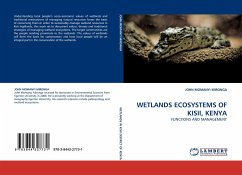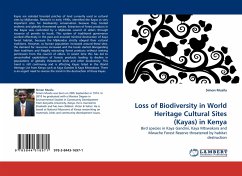This is simply the best book you can buy if you want to understand the dynamics of households in the context of tree planting activities on their farms within a threatened watershed of River Njoro in Nakuru District-Kenya. The book takes on recent methodologies of quantitative data collection, analysis and skillful interpretation of the responses given by households in regard to the watershed's rampant degradation. River Njoro watershed is an important resource to the households in the watershed due to its environmental resources sourced from it. However, the wanton destruction and continued threat to the watershed still remains a paradox, which this book endeavors to highlight. It presents a true reflection of the households' perceptions, status of tree planting and the implication of the existent scenarios of tree planting on farms on the overall environment, Lake Nakuru Park and River Njoro. Fundamental strategies that form the pillars of this book have been highlighted; to ensure the watershed is conserved so as to guarantee communities and wildlife continued enjoyment of environmental resources offered by this crucial watershed
Bitte wählen Sie Ihr Anliegen aus.
Rechnungen
Retourenschein anfordern
Bestellstatus
Storno

